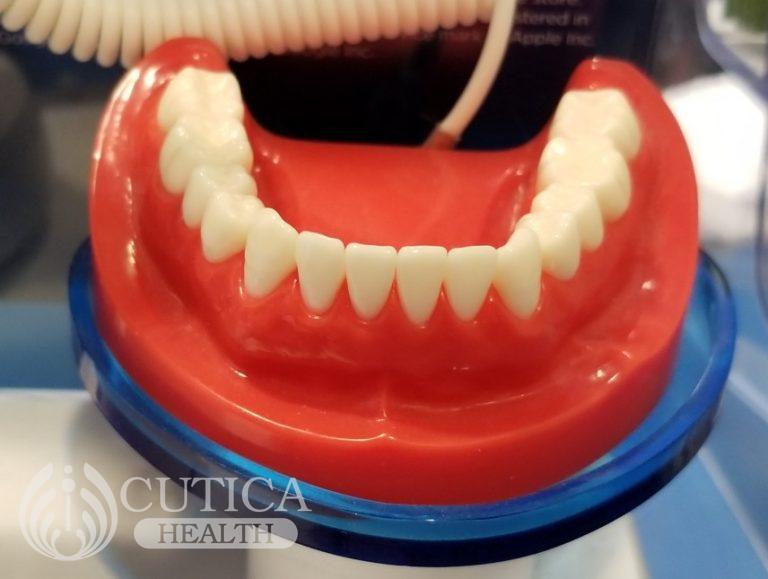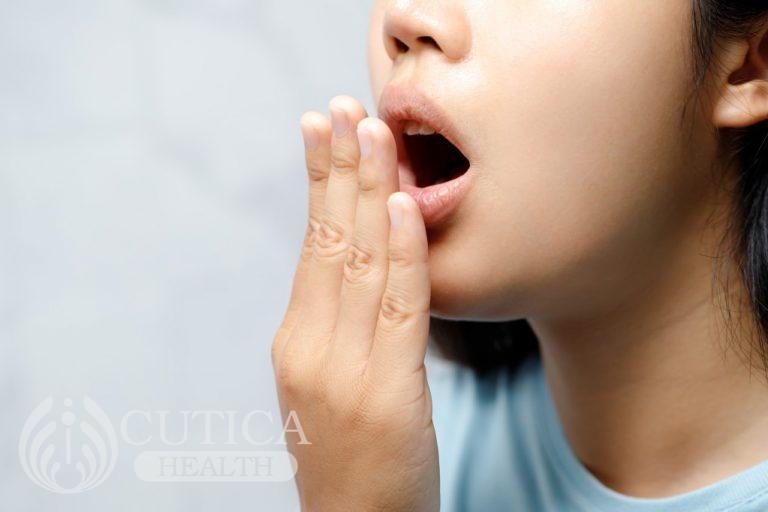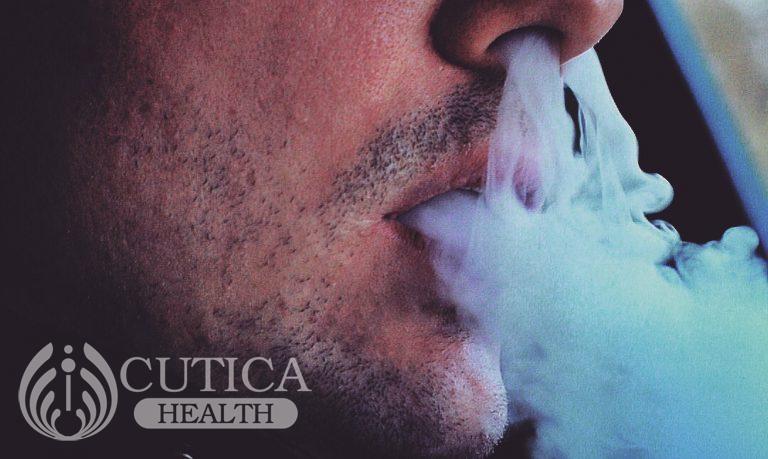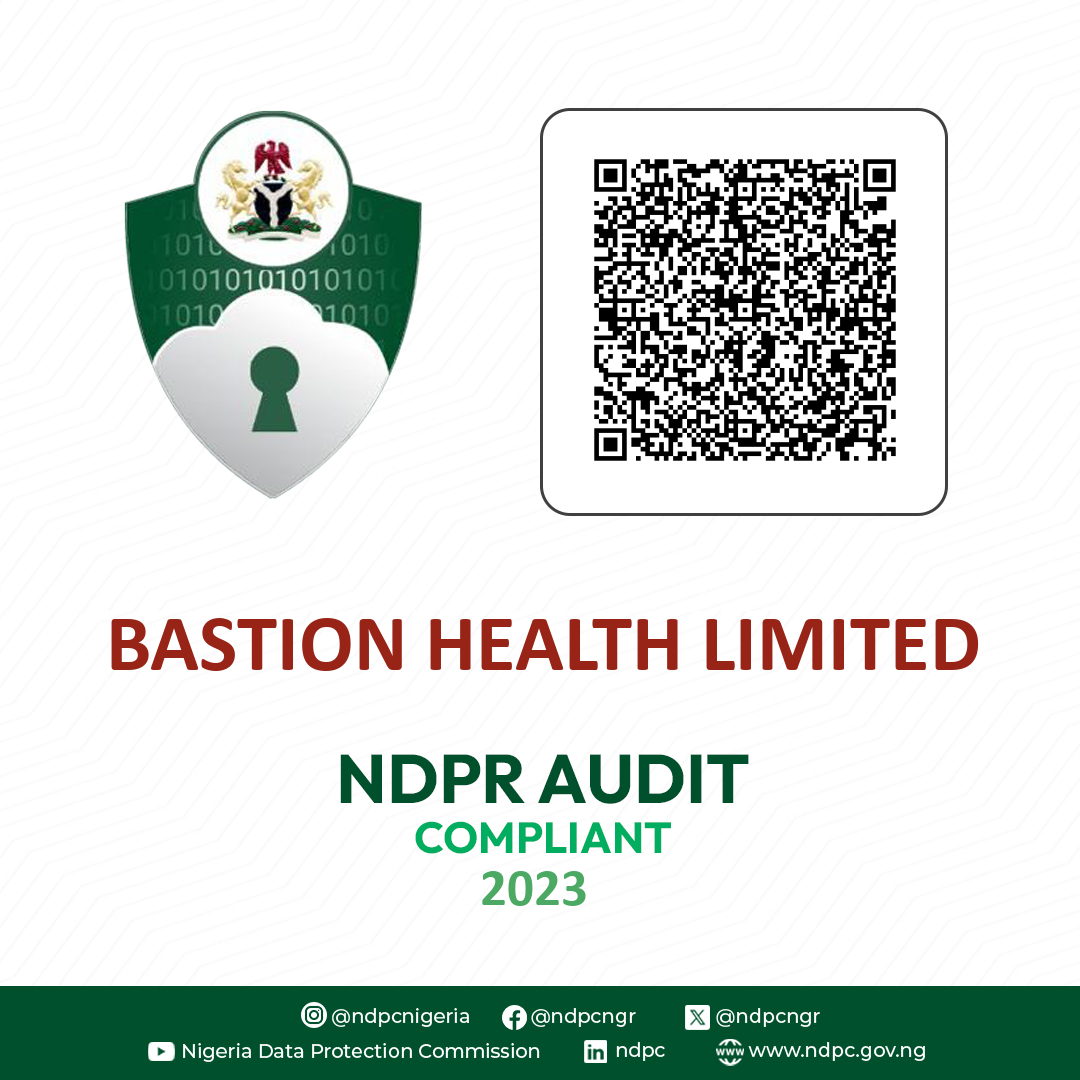7 Steps to Maintaining Healthy Gums (Number 5 is the dentist’s favourite)
Pus began to ooze out of Amaka’s swollen gum since she applied the local concoction on it. “But this herbal healer said that the swelling will go down in one week,” she thought, “This swelling is getting worse”
The pain and foul smell from her gum affected her social life as she began to pretend not to be around when her friends visited.
She starred at the half-eaten meal in front of her and blamed herself for not seeking proper medical care on time. “Amaka!” she summoned herself as her mother used to, “it is only the living that can eat food” With that, she propped herself up to get ready for her dental appointment.
Having good teeth does not automatically translate to having healthy gums. Your gums support your teeth and could damage your teeth if they are not healthy. Therefore, it is important to keep your gums in good condition. Here are 7 things you should do to ensure your gums remain healthy.
1. Eat lots of Fruits

The Benefits of eating healthy meals that are rich in minerals and vitamins are well known. For instance, fruits rich in vitamin C are known to improve healing and protect the body from harmful agents.
Your gum is made up of fibers that are nourished and strengthened by minerals found in fruits. An unbalanced meal devoid of substances, such as Vitamin C, can lead to unhealthy gums and a disease called Scurvy.
2. Replace your soda with water
This might sound impossible to some, but it is highly beneficial for your health. Asides from detoxifying the body, water also contains some trace elements, such as Fluoride, which play a very role in maintaining good oral health.
The cleansing action of water also helps to wash away food debris stuck between your teeth after meals.
3. Brush daily and effectively

Brushing your teeth at least twice daily, early in the morning and before going to bed, is a very important step in ensuring good oral hygiene. Use toothbrushes that are medium-textured, and follow small circular movements over the front, back, and chewing surfaces of all your teeth.
Avoid brushing forcefully as this can cause your gum to recede and expose them to further harm by mouth bacteria.
4. Floss regularly
Gently flossing areas within the mouth can help to remove debris and plaque, which your toothbrush may not be able to remove. Dental floss can be gently sunken between the teeth to remove particles stuck there and also clean the areas between teeth. This helps to remove plaque and debris that lodge there producing harmful substances that damage the teeth and gums.
5. Visit the Dentist regularly
Health professionals recommend that you visit your dentist once every six months so that your doctor can conduct relevant oral examinations and make the needed recommendations. The benefit of this is that tooth decay, gum swellings, and sores can be intercepted before they become more complicated.
Most times, these problems may not be detected early because of their small size and the absence of symptoms. Your dentist will inspect your teeth and also refer you for further investigations if necessary.
6. Eat Healthy meals that are high in protein.
Protein is known to be the “building block” of our body and to have healthy gums, we need to take in meals that are rich in protein, such as meat, fish, and legumes. These protein-rich foods help in tissue repair and regeneration. Dairy products such as Yoghurt, are also known to protect against gum disease.
7. Quit Smoking

The hazards associated with cigarette smoke also affect the mouth. Nicotine, which is the primary content in cigarettes, is known to shrink blood vessels, reduce blood flow to affected areas, and harm your immune system. All of these impede wound healing in the mouth.
Smoking also stains the teeth, gums, and tongue, giving them a discolored appearance that is difficult to remove.
While caring for your teeth, you must not forget your gums also because they both function together and need to be in good condition.










